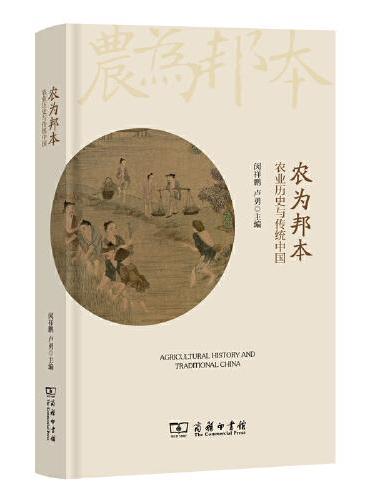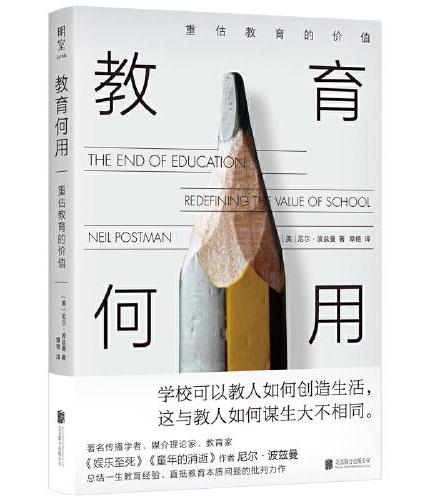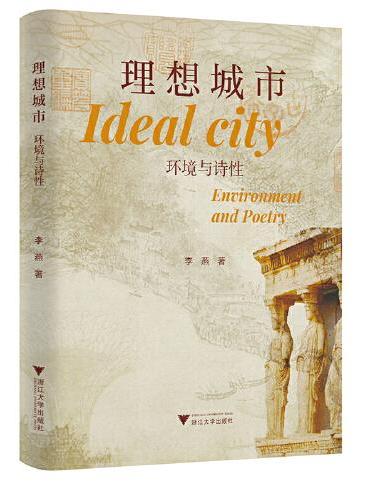新書推薦:

《
农为邦本——农业历史与传统中国
》
售價:NT$
340.0

《
小麦文明:“黄金石油”争夺战
》
售價:NT$
445.0

《
悬壶杂记全集:老中医多年临证经验总结(套装3册) 中医医案诊疗思路和处方药应用
》
售價:NT$
614.0

《
无法忍受谎言的人:一个调查记者的三十年
》
售價:NT$
290.0

《
战争社会学专论
》
售價:NT$
540.0

《
剑桥意大利戏剧史(剑桥世界戏剧史译丛)
》
售價:NT$
740.0

《
教育何用:重估教育的价值
》
售價:NT$
299.0

《
理想城市:环境与诗性
》
售價:NT$
390.0
|
| 內容簡介: |
英语学习的终极目标不是为了习得语言本身,而是培养与西方人进行有效沟通的能力。《大学英语拓展课程系列·跨文化交际技巧:如何跟西方人打交道(教师用书)》不仅有利于夯实学生的听、说、读、写基本功,更有利于学生养成良好的跨文化交际习惯,掌握有效的跨文化交际技巧,熟识西方文化的方方面面。通过中西方案例分析、课堂讨论、来信求助、专家释疑等新颖、活泼的实战演练形式,本教程不仅能持续吸引学生的注意力,更能最大限度地调动学生的参与度,真正做到在做中学。
教师用书对课堂教学步骤进行了详尽的指导,并提供了所有练习的参考答案。
|
| 目錄:
|
Unit1
LanguageTools:
SuggestingPossibilities
Encounter:
TheTaxi
InterculturalCommunicationReading:
InterculturalCommunicationandUnderstandingWesterners
LettertoFran:
NotEating
Fran''sResponse:
NotEating
CultureDifferenceReading:
IndividualistandCollectivistCultures
Unit2
LanguageTools:
DifferentDegreesofProbability
Encounter:
TheGift
lnterculturalCommunicationReading:
InterpretingWhatForeignersMean
LettertoFran:
AHelpingHand
Fran''sResponse:
AHelpingHand
CultureDifferenceReading:
PublicandPrivateBehavior
Unit3
LanguageTools:
MakingandQualifyingGeneralizations
Encounter:
Mistakes
InterculturalCommunicationReading:
GeneralizationsandStereotypes
LettertoFran:
WhoPays?
Fran''sResponse:
WhoPays?
CultureDifferenceReading:
DifferenceinRankandPower
Unit4
LanguageTools:
FeelingsandPartsofSpeech
Encounter:
TheInvitation
InterculturalCommunicationReading:
StressinInterculturalEncounters
LettertoFran:
TheShopper
Fran''sResponse:
TheShopper
CultureDifferenceReading:
WesternCommunicationStyles
Unit5
LanguageTools:
AskingPersonalQuestions
Encounter:
LivingTogether
InterculturalCommunicationReading:
……
Unit6
Unit7
Unit8
Unit9
Unit10
|
| 內容試閱:
|
AnotherreflectionofloosenesscanbeseeninWesternadvertising,especiallyintheUnitedStates.Americanadsfrequentlytrytosellproductsbyencouragingcustomerstotrytobedifferentfromeveryoneelse,usingsloganslike"Beyourself!"and"Doyourownthing!"ThisreflectsthefactthatAmericans,andotherWesterners,tendtofeelitisagoodthingtobedifferentfromotherpeople,andperhapsevenbadtobea"conformist"-someonewhoconformstothenormsofsociety.
Oneinterestingdifferencebetweenlooseandtightculturesliesinpeople''sideasaboutwhatconstitutesgoodlanguageuse.Tighterculturestendtovalueasteryoftheirlanguagetradition,whereaslooseculturesseemtovaluereativityandsurprise.ThispointisillustratedbytheChineseviewtowardusef"setphrases"(chengyu).Chinesetendtorespectpeoplewhohavememorizedbroadrangeof"setphrases"andcanusethemappropriately(intraditionallyacceptableways)inspeakingandwriting.Incontrast,Westernersoftenconsidertheuseofoldsayingstobetrite;theyhavemorerespectforpeoplewhocancombinewordsinnewandcleverways,oruseoldexpressionsinnewways.
Obviously,itisnotsafetoassumethatallWesternersorWesternsocietiesreequallyloose.Likewise,itisnotsafetoassumethatallcollectivistculturesareequallytight.(Forexample,Thaicultureismuchlooserthanjapaneseculture,eventhoughbothculturesarecollectivist.)However,itissafetogeneralizethatWesternculturestendtobelooserthanChineseculture.ThismaycausesomedifficultyforChinesewhotrytounderstandWesternersbecauseChinesemayexpectWesternerstobemoreuniformintheirbeliefs,values,andideasthanisinfactthecase.Onmanyimportantsocialissuesandideas(suchasstandardsforsexualbehavior),WesternsocietieshavealowerdegreeofconsensusthanChinesesocietydoes.Furthermore,whileWesternersmaydisagreeviolentlywitheachotheroversuchissues,theytendtoberelativelycomfortablelivinginasocietywherethereisdisagreementovertheseissues.
……
|
|










